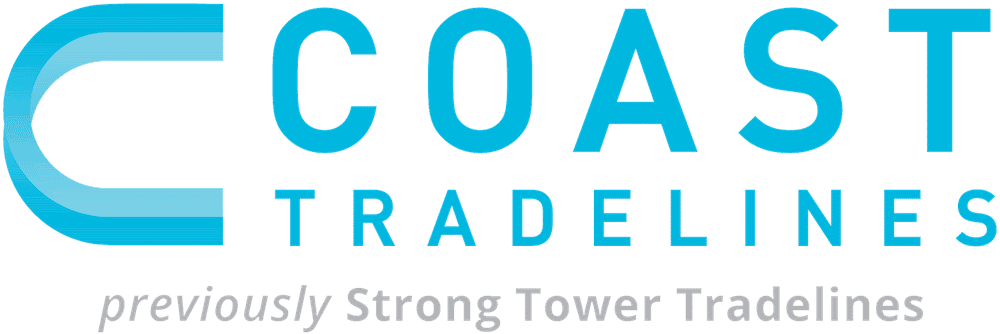
A credit score is not merely a number but a crucial determinant that can significantly impact various facets of your financial life. It plays a significant role in determining your eligibility for loans and the interest rates you’re offered. Also, it can influence your insurance premiums and even your rental applications [1]. Therefore, having a good credit score can open doors to many financial opportunities. To effectively manage and improve your credit score, it is essential to understand the various factors that influence it.These factors include your payment history, the amounts you owe, the length of your credit history, your credit mix, and new credit. For instance, if you have a history of timely payments, it can positively impact your credit score.
Understanding Credit Score
Understanding your credit score is the first step towards improving it. Your credit score is a numerical representation of your creditworthiness, calculated based on the information reported to credit reporting agencies by your creditors. Payment history is a significant factor that influences your credit score. Making payments on time can positively impact your score. For example, if you consistently pay your credit card bill on time, this behavior will reflect positively on your score. Conversely, the amount you owe, especially your credit card utilization, can considerably impact your score. Having a high credit card utilization can negatively affect your score. Additionally, having a longer credit history can improve your score, as it provides more data about your borrowing habits. The diversity of your credit accounts, also known as credit mix, and the frequency of new credit applications are also factors considered in your score.
Boosting Credit Score in 30 Days
Boosting your credit score within 30 days is achievable with the right approach and consistent effort. You can improve your credit score by implementing specific strategies. These include paying off your credit card debt promptly, keeping your credit card utilization below 30%, and actively checking your credit report for any errors. In case of inaccuracies, disputing them promptly can help maintain an accurate score. Another effective strategy is to refrain from new credit applications during this period, as too many hard inquiries can temporarily lower your score. Additionally, building a positive credit history by becoming an authorized user on someone else’s account can also contribute to improving your credit score [1,2,3]. For example, if you’re an authorized user on a credit card account that has a long history of on-time payments, it can help boost your credit score.
Timely Payments and Lower Credit Utilization
The importance of timely bill payments cannot be overstated when it comes to maintaining a good credit score. Late payments can negatively impact your score and have long-lasting effects [1,3]. So, ensuring that all your bills are paid on time can be an effective way to improve your credit score. Another important aspect is lowering your credit card utilization. Keeping your credit card utilization low can significantly enhance your score. You can achieve this by paying down your balances before the billing cycle ends and by requesting an increase in your credit limit, which can lower your overall credit utilization ratio [1,4].
Tools and Services for Credit Building
There are several tools and services available that can assist in improving your credit score. For instance, services like Experian Boost or rent reporting services can add positive payment history to your credit report, which can have a positive impact on your score [1,3]. Similarly, using secured credit cards and ensuring on-time payments can also help improve your credit score [1]. For instance, a secured credit card requires a cash deposit that serves as your credit limit. This can be a beneficial tool for those starting to build credit or those looking to improve their score.
Handling Credit Card Debt
Managing credit card debt effectively is a key strategy for enhancing your credit score. One way to do this is by paying off your debt with a personal loan.This can not only consolidate your debt but also improve your credit utilization ratio, a key factor in credit scoring. Another strategy is to request an increase in your credit limit, which can help decrease your overall credit utilization, thereby improving your score.
Navigating Credit Report Errors
Keeping a keen eye on your credit reports for potential errors is an essential practice. Regularly reviewing your credit reports can help identify any inaccuracies that may negatively impact your credit score [5,6]. For instance, an incorrectly reported late payment can significantly harm your score.Therefore, addressing these errors promptly can help maintain an accurate credit score and contribute to improving it.
Maintaining Good Credit Habits
Maintaining good credit habits is not a one-time task but a lifelong commitment. Regularly monitoring your credit score and sticking to positive credit practices even after achieving your initial goals can help maintain and further improve your credit score [2,3]. For example, keeping your credit card balances low and limiting new credit applications can lead to a healthy and resilient credit profile over time.
Consider Signing Up For An Authorized User Tradeline
Being added as an authorized user on someone else’s established credit account allows an individual to leverage that person’s credit history for their own benefit. As an authorized user, you can gain from the primary account holder’s good credit practices, without the obligation of handling the account or making direct payments. This arrangement is especially beneficial for those looking to establish or mend their credit. If the main account holder consistently pays on time and maintains a low credit balance, it can boost the credit score of the authorized user. Moreover, this inclusion diversifies the credit profile of the authorized user, further bolstering their appeal to potential lenders.
Conclusion
Boosting your credit score is a process that requires a comprehensive understanding of the factors influencing it and strategic actions tailored to your specific situation. With a well-planned 30-day action strategy, you can start seeing noticeable improvements in your credit score. However, building and maintaining good credit is a long-term commitment that extends beyond achieving short-term goals. It requires continuous effort and good financial habits, such as making timely payments and keeping debt levels low [3]. Therefore, it’s advisable to take immediate action for faster improvements and maintain a long-term commitment to building and maintaining good credit.


